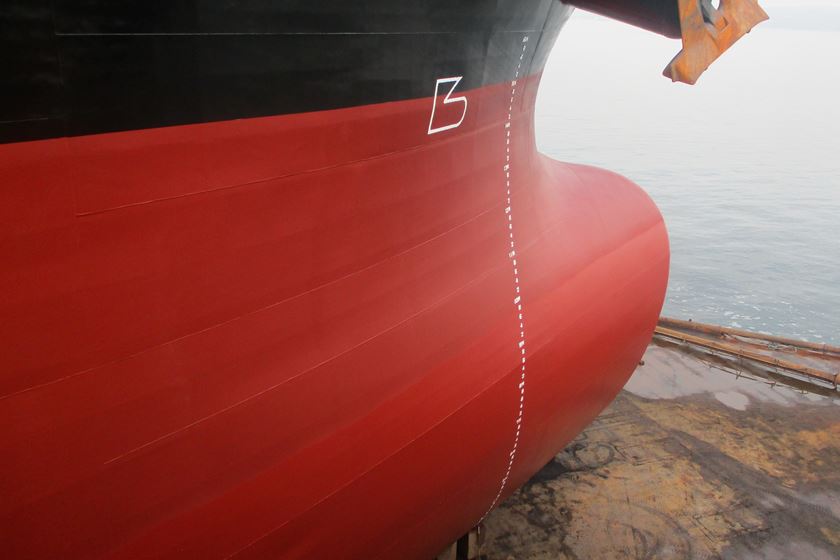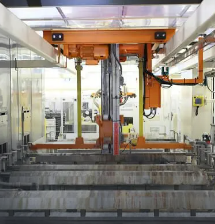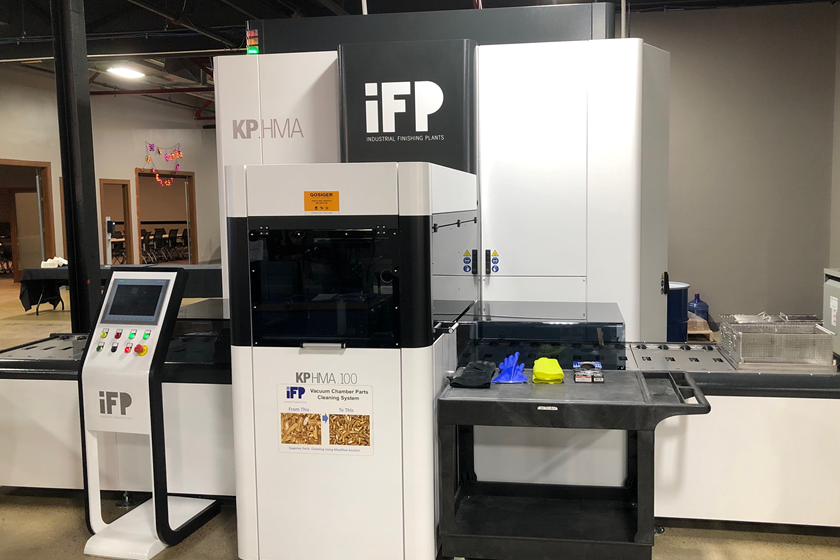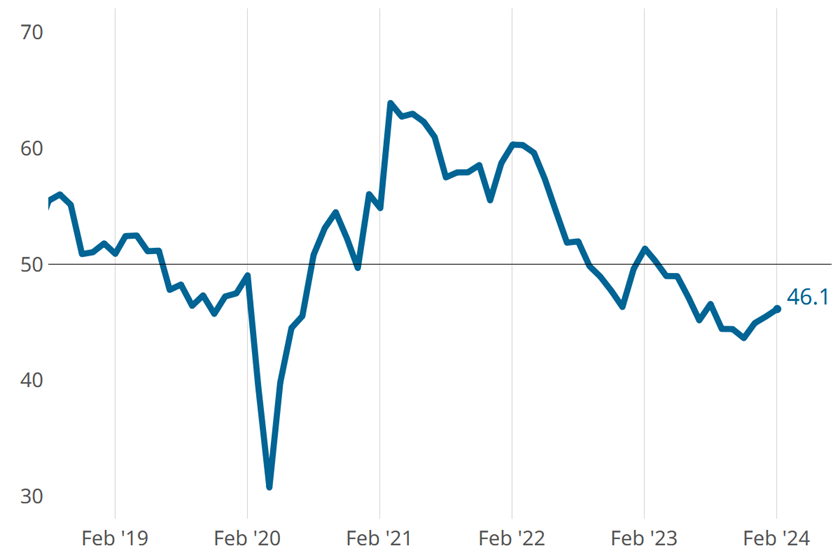Conversion to Zirconium Pretreatment
We’re considering conversion of our washer from iron phosphate to a new zirconium product. We’ve been told it will save energy and reduce maintenance with no loss of performance. Is that true?
#energy
Q. We’re considering conversion of our washer from iron phosphate to a new zirconium product. We’ve been told it will save energy and reduce maintenance with no loss of performance. Is that true? What things do we need to look for as far as the washer is concerned to make sure we can run this new product? B.A.
A. In general, the transitional metal products that include zirconium oxide do save energy and reduce maintenance. They do not need heat, and they do not generate significant sludge. You should be aware of several issues. You must have stainless steel tanks, pumps and tunnel. These products require very clean substrates, so make sure you have excellent cleaning with oil removal or solids removal if you have a lot of oil or grit. Rinsing is critical, because alkalinity will cause major problems in the treatment tank. Two rinses are better than one. These are the critical issues.
Talk to your chemical supplier and do some testing. I think you will find it is a real benefit.
RELATED CONTENT
-
Calculating the Cost of Powder Coating
How can you calculate the cost of powder coating a component if you only know its surface area? Powder coating expert Rodger Talbert has the answer.
-
Masking for Surface Finishing
Masking is employed in most any metal finishing operation where only a specifically defined area of the surface of a part must be exposed to a process. Conversely, masking may be employed on a surface where treatment is either not required or must be avoided. This article covers the many aspects of masking for metal finishing, including applications, methods and the various types of masking employed.
-
Preparation of Stainless Steel for Powder Coating
Should type 316 stainless steel castings be sandblasted before powder coating, or can they be chemically etched? Should the parts be pre-heated in an oven before coating?
















